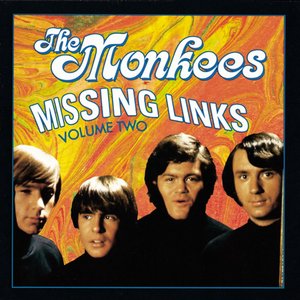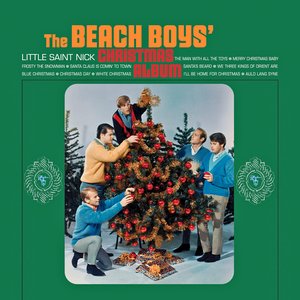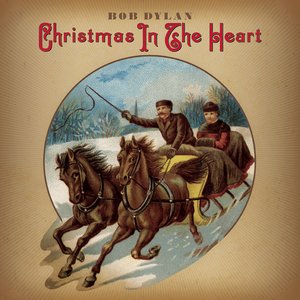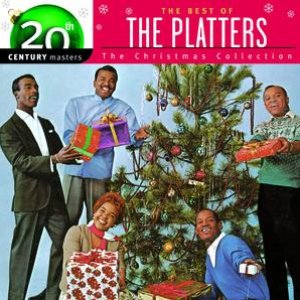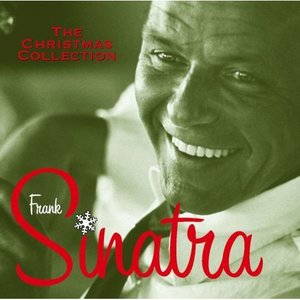Wiki
Ríu Ríu Chíu, also known as Ríu Chíu, is a Spanish villancico that has attained some contemporary fame as a Christmas carol.
The villancico is attributed by some sources to Mateo Flecha the Elder, who died in 1553; it has also been described as anonymous. The song also bears a strong resemblance to another villancico, Falalanlera, by Bartomeu Càrceres, a Catalan composer. It is known from a single source, the Cancionero de Upsala, published in 1556 in Venice; a unique copy is preserved at the library of the University of Uppsala. The song appears as the fortieth song of that collection. Daniel R. Melamed described the song as "redoutable", and mentions it as a contender for the best known piece of Renaissance music.
The nonsense syllables ríu ríu chíu are often taken to represent the song of a nightingale, but are more appropriately heard as the predator call of a kingfisher.
The basic theme of the song is the nativity of Christ and the Immaculate Conception. The refrain which gives the villancico its title goes:
Ríu, ríu, chíu, la guarda ribera,
Dios guardó el lobo de nuestra cordera.
" Ríu, ríu, chíu, the kingfisher, God kept the wolf from our Lamb .
The Immaculate Conception is mentioned in the lyrics:
El lobo rabioso la quiso morder
Mas Dios Poderoso la supo defender
Quíso la hacer que no pudiese pecar
Ni aun original esta virgen no tuviera.
"The raging wolf sought to bite her, but God Almighty knew to defend her; He chose to make her so that she could not sin; no original sin was found in that virgin."
The song also mentions themes of the Incarnation and Christmas:
Éste que es nacido es el Gran Monarca
Cristo Patriarca de carne vestido
Ha nos redimido con se hacer chiquito
Aunque era infinito finito se hiciera.
"This one that is born is the Great King, Christ the Patriarch clothed in flesh. He redeemed us when He made himself small, though He was Infinite He would make himself finite."
Yo vi mil Garzones que andavan cantando
Por aqui volando haciendo mil sones
Diciendo a gascones Gloria sea en el Cielo
Y paz en el suelo pues Jesús nasciera.
"I saw a thousand boys (angels) go singing, here making a thousand voices while flying, telling the shepherds of glory in the heavens, and peace to the world since Jesus has been born".
Classical and early music performers of the song include the Boston Camerata and the Oxford Camerata. The song has crossed over to popular performance, and appears on Christmas themed collections, including David Archuleta's Christmas from the Heart, Sixpence None the Richer's The Dawn of Grace, Bruce Cockburn's Christmas, Terry McDade and The McDades' "Midwinter" and an instrumental version on Bradley Joseph's Christmas Around the World album.
The song appears on The Kingston Trio's 1961 album Goin' Places, listed as "Guardo el Lobo," and credited to musicologist Dr. Erich Schwandt.
In 1967 The Monkees performed the song live on a Christmas episode of their TV series, "The Monkees' Christmas Show". A studio version was released on subsequent compilation albums. It is likely they learned the song from their producer, Chip Douglas who himself performed it with his former band The Modern Folk Quartet on their 1964 album Changes.
The song also appeared on the 2003 Chanticleer album "A Portrait."
Track descriptions on Last.fm are editable by everyone. Feel free to contribute!
All user-contributed text on this page is available under the Creative Commons Attribution-ShareAlike License; additional terms may apply.
